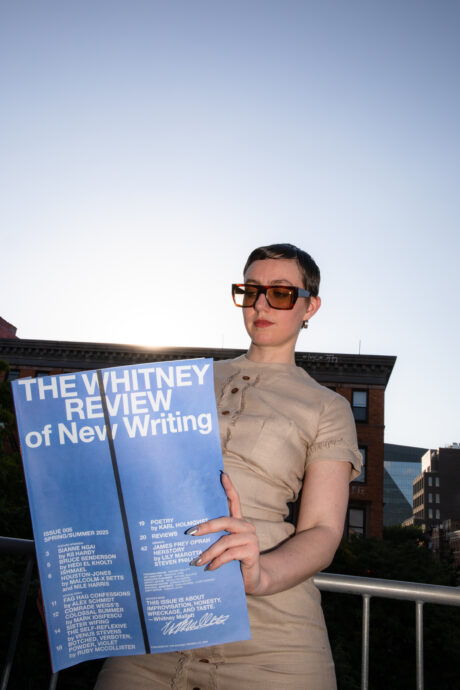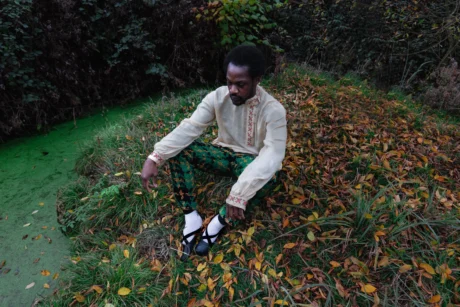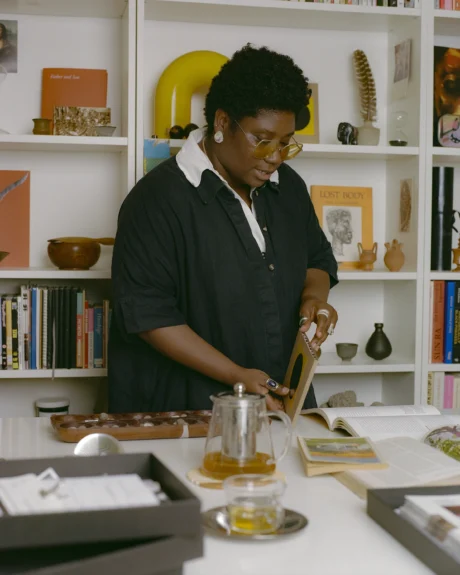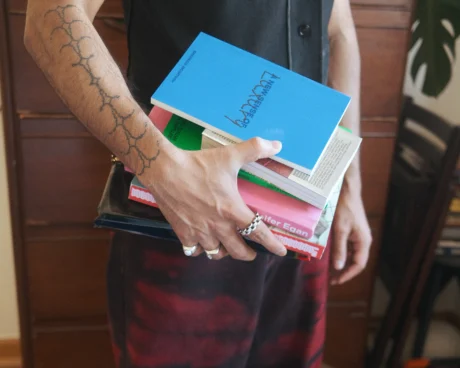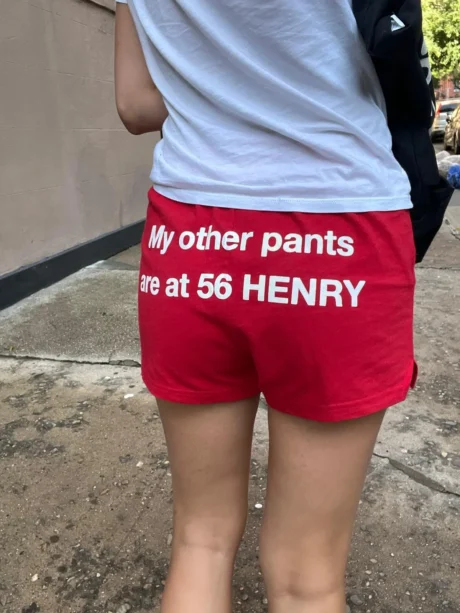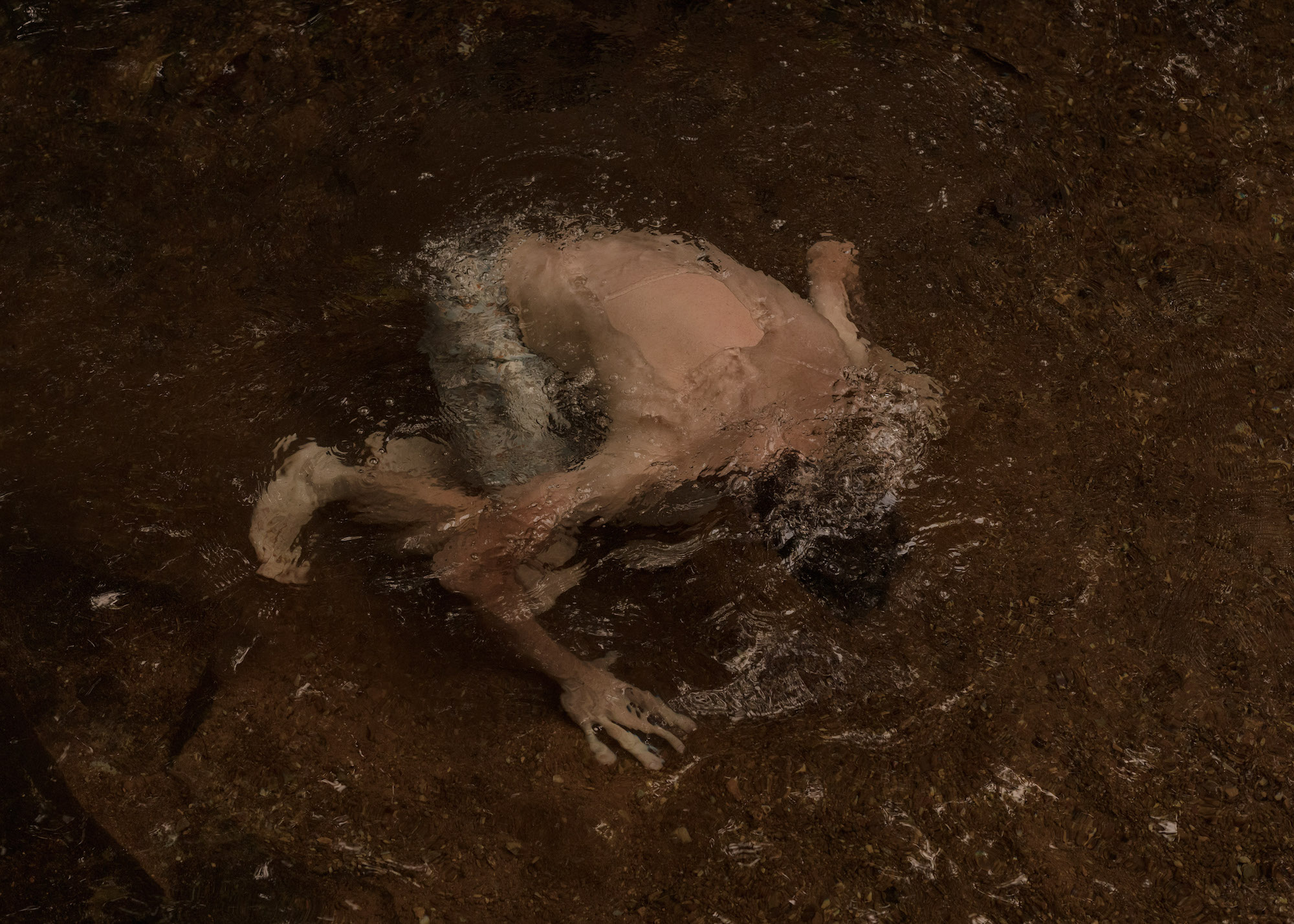
Over the years, I have agonised over personal projects undertaken in moments of inspiration. The various arcs of the creative process, lurching from self-loathing to joyful fulfilment and back again, are well documented in memes and motivational postcards. The dual agony and pleasure of production is largely accepted. But less often discussed are the projects that don’t make it into the world: the novels and paintings and short films that are endlessly tinkered with before being ultimately shelved. I have started things that I know now that I will never finish. Perhaps it was a lack of self-discipline or direction, but I put it down to fear.
What was I scared of? Most of all, I was afraid of being criticised: “What if they hate it?” When you put so much of yourself into a creative pursuit, it can be difficult to disentangle the person from the project. The judgemental audience who I pictured never came fully into focus—an indistinct mass of friends, peers and others, all of whom I was certain would take badly to my work. Over time, I have learned to let those fears go, and try to remind myself that even negative feedback can be of value, painful as it may be. At times, I have craved critical engagement with my work, feeling deflated as friends beam vague praise after little more than a cursory flick through.
It’s not just me. Everywhere I look, negative responses appear to be increasingly rare in the culture sector. The “likes” introduced by Facebook almost two decades ago have infused an uplifting culture that insists on relentless positivity. Reviews will rarely dig into the disappointments or dirt of a work of art, driven in part by a decimated media industry that relies heavily on advertising, leaving them beholden to the interests of brands. Sponsored content has taken over entire sections of national newspapers, while paid posts on social media are commonplace. Some aspiring influencers have even gone so far as to fake their sponsorships, posting branded hashtags at product launches without any formal involvement. As Taylor Lorenz reported in The Atlantic in 2018: “It’s street cred—the more sponsors you have, the more credibility you have.”
“The forces of late capitalism have been well and truly unveiled, and they look like a hall of mirrors full of maniacally smiling faces”
If credibility is to be found now in paid promotion, the forces of late capitalism have been well and truly unveiled, and they look like a hall of mirrors full of maniacally smiling faces. A review by Helen Lewis of Hilary Mantel’s collected essays (unashamedly titled Mantel Pieces), published this week in the New Statesman, laments the loss of the “snark” to be found in Mantel’s early criticism of fellow authors. “Magazine books pages do not generate lucrative advertising revenue; they attract little traffic online. They are a public service, creating and nourishing an intellectual culture. And look how out of touch that sounds in 2020,” Lewis argues, continuing: “For writers, this incentivises smarm over snark.”
Of course, not all writers can afford to lash out, even if it is with all the wit and perception of Mantel herself, for fear of retribution. This week the curator of the Philip Guston exhibition at Tate was suspended after he publicly criticised the gallery’s decision to postpone the show for four years. The Art Newspaper reported that the decision to discipline Mark Godfrey, a senior curator of international art, came after he raised objections on social media to the deferral of Philip Guston: Now. “If you work at Tate, you are expected to toe the party line,” one source stated in the report.
Numerous figures in the art world have spoken out in support of the curator; the Guardian’s art critic Adrian Searle called it “an utter disgrace”, while Observer critic Laura Cumming wrote, “What an appalling restriction of his freedom of intelligence and speech.” The sad irony of the situation is that Godfrey’s statement was made in response to the growing fear in institutions of negative audience reactions; Tate now face a growing backlash. Godfrey’s suspension is an unpleasant reflection of the institutional desire for ultimate control, and all too often the wealthy and the powerful are granted the means to achieve this. Everything, it seems, has a price. When this rule is violated, there are repercussions, from angry phone calls to the withdrawal of advertising, or the suspension of a senior curator.
“The question of fear is a difficult one for both a reviewer and the subject of criticism, but it cannot be used as a tool to prevent any discussion at all”
A scathing review in the Irish Times of the writer and memoirist Dolly Alderton’s latest book garnered attention last week for its biting tone and pithy remarks, with many outraged at its negative slant. The reviewer’s take on her foray into fiction was decidedly unfavourable, but the fury and shock that this opinion was met with seemed somewhat overblown. “Is this the most brutal review ever?” The Daily Mail screamed, while others questioned whether negative reviews should be written at all, for fear of upsetting the author. The question of fear is a difficult one for both a reviewer and the subject of criticism, but it cannot be used as a tool to prevent any discussion at all.
“Just be nice” is a chastising refrain increasingly invoked when it comes to criticism. While it might seem like an innocuous enough phrase, sentiments like these can just as easily be weaponised as a means of silencing dissent. Of course, no one should go out of their way to tear apart the creative output of somebody else, but meaningful and engaged criticism is as important to the artist or institution in question as it is to audiences. Otherwise all that we are left with is an echo chamber of affirmation, looping endlessly over and over.
Are We There Yet is a fortnightly column by Louise Benson. Top image © Abigail Varney
